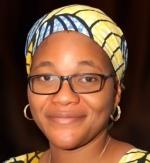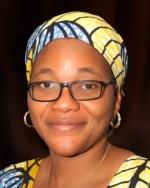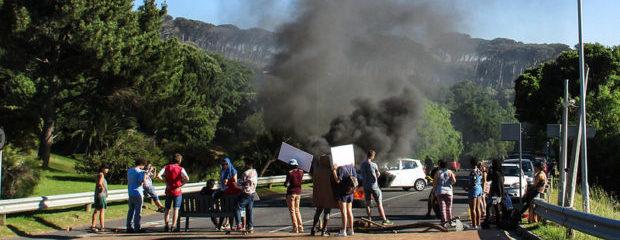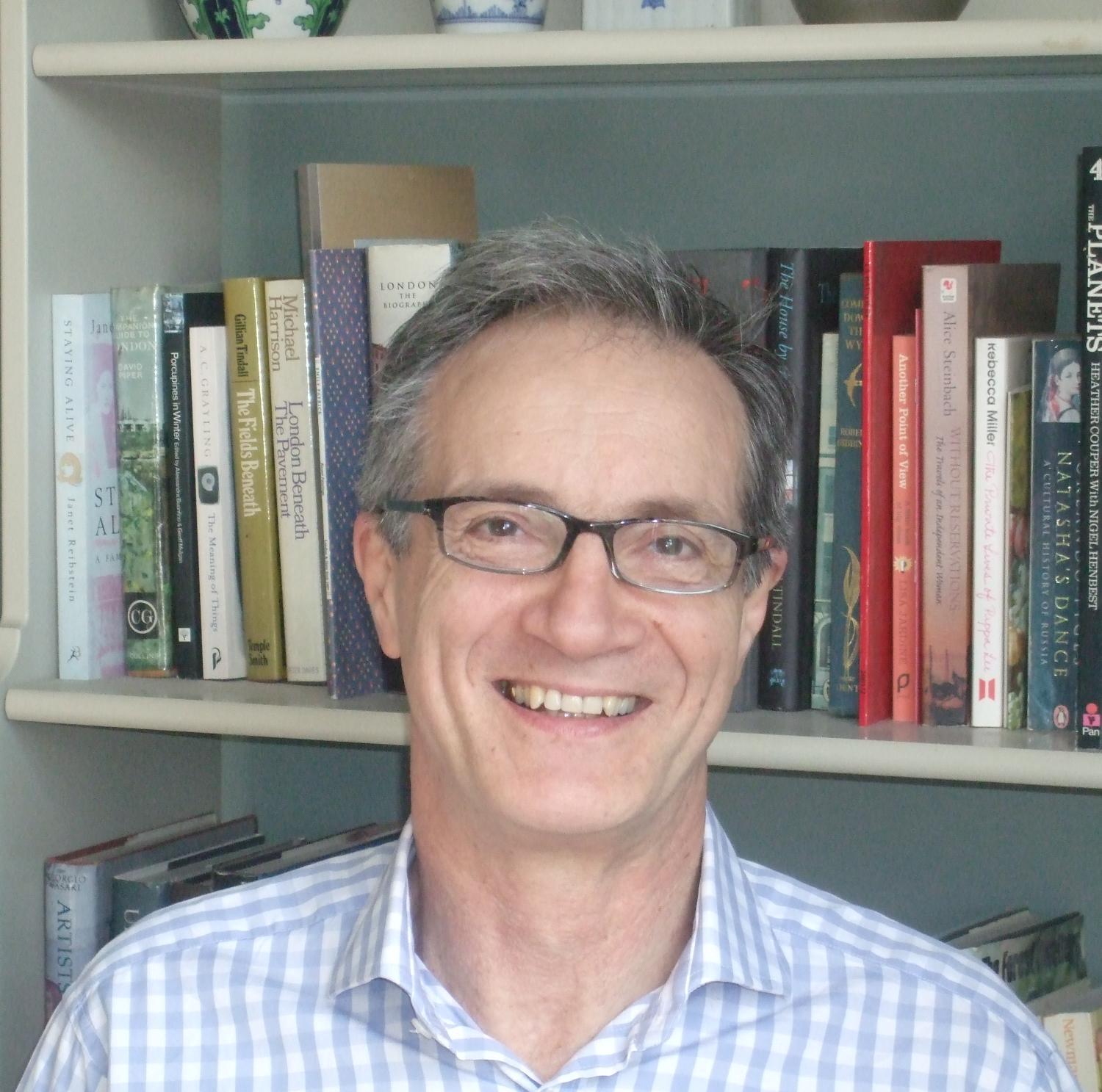Nigeria’s election consumed by propaganda and doubt – By Idayat Hassan

 As the day of Nigeria’s rescheduled elections approaches, tension continues to pervade the polity. Vitriol pours into the air from partisan political actors and everyday even greater quantities of propaganda are released. This ranges from death threats on a presidential candidate to rumours that members of the opposition party will be implicated if the Boko Haram kingpin, Abubakar Shekau, is captured.
As the day of Nigeria’s rescheduled elections approaches, tension continues to pervade the polity. Vitriol pours into the air from partisan political actors and everyday even greater quantities of propaganda are released. This ranges from death threats on a presidential candidate to rumours that members of the opposition party will be implicated if the Boko Haram kingpin, Abubakar Shekau, is captured.
Press conference after press conference takes place, held by both ruling and opposition parties to spew propaganda or paint dire scenarios waiting to unfold. Rather than limiting the vitriol to the country, the political gladiators are shifting their focus abroad, such as at the recently held Chatham House event in London, where the opposition APC’s Presidential candidate, Muhammad Buhari, delivered a lecture. Protests were held there both in support and against both of Nigeria’s two major political parties.
What is becoming obvious is that the six week delay has heightened the stakes in what was already a tense contest – rather than engaging in issue-based campaigns, emphasis is being laid on propaganda.
First, the Permanent Voters Cards (PVCs), the incomplete distribution of which was a key reason given for postponing the elections, is turning into an albatross hanging around the neck of the electoral commission (INEC). It was alleged, several weeks ago, that millions of Nigerians had not collected their PVCs and would, consequently, find themselves unable to vote on election day. But the latest thinking on this is that is the PVC and the resultant use of card readers constitutes a form of electronic voting, which Section 52 of the Electoral Act 2010 states is “for the time being prohibited”. Protests are now being organised both for and against INEC’s decision to use the PVCs and card readers during the elections anyway – legal cases have been instituted in courts calling for the non-usage of the PVCs.
The use of the military in the forthcoming elections is also another scenario waiting to unfold. There are presently two court judgments precluding the use of Nigerian Armed Forces in the security and supervision of the election until an enabling act of the National Assembly is passed. The opposition party, the All Progressive Congress (APC), has already written a letter to INEC and other relevant stakeholders requesting that the aforementioned court orders should be strictly adhered to. Will these judgments be adhered to? And, if not, what implication will this have on the electoral process?
Many Nigerians are already upset that the elections were rescheduled at the behest of the military. The high level of militarisation witnessed during the Ekiti and Osun by-elections was controversial and the newly-released audio #Ekitigate of how the military was used to the advantage of the ruling party puts the supposed impartiality of the of the security agencies in doubt. Some have argued that a new and increased role has been afforded to the military, in particular, and other security agencies by the ruling party. The real fear is not in the use, but rather in the misuse, of the security agencies in these elections, particularly in light of outright partisanship displayed by some of their members.
On the ongoing judicial war, there are presently over ten cases instituted in various courts in Nigeria, ranging from suits to disqualify the opposition party’s presidential candidate on grounds that he was not able to produce a certificate of high school graduation, to the eligibility of the incumbent president and PDP presidential candidate, Goodluck Jonathan.
Nor is INEC excluded – it is being sued over the decision to use PVCs and card readers to boost the credibility of the elections. The judiciary is being accorded an inglorious role in determining matters bordering on pure politics and mostly initiated in bad faith. In a country where rumour cannot be dismissed with a wave of hand, news is circulating that most of these instituted suits are being assigned to just one judge.
Former president Olusegun Obasanjo added to the theatrics with his renunciation of his membership of the PDP and public tearing up of his membership card by his ward chairman. According to the former president, there is a plan to install an interim government in place come May 29th instead of an elected president. While the ruling party has debunked this claim, the rumour or threat of an interim government has refused to fade away.
The events currently unfolding are reminiscent of the aborted June 12, 1993 presidential election. Who knows, maybe the master-stroke once again will be a court judgment stopping elections from being held, for one reason or the other, or the disqualification of a candidate. Scenarios, such as the chairman of INEC being removed or forced to resign, escalation of the insurgency in the north east and further rescheduling of the elections, invoking sections of the constitution that Nigeria is in a state of war, are real but may not be palatable in the long run. Who in the international community will kick against the judgment of a court of competent jurisdiction?
As it becomes increasingly difficult to define the master narrative in Nigeria’s political process the fact remains that it is Nigerians that must fight for Nigeria.
Idayat Hassan is the Director of The Centre for Democracy and Development in Abuja.






It is self evident that only Nigerians can define their future destiny.Nigeria is the new economic power in Africa and could have a significant role to play on the international stage that is why this election is so crucial.both parties should tone down the rethoric and concentrate on the issues that matter most to the electorate.A free and fair election will benefit not only Nigeria but also the whole continent of Africa . Reginald Arkhurst FCIArb FRSA
And the first lady is another actress in the rather unfortunate theatre of shame. Desperate efforts everywhere. These are trying times.
We witnessed a glimpse of the true results of the forthcoming presidential election in Nigeria at Chatham House with the General. Less than a quarter of the PDP were present and more than a uarter were paid to appear. These did not even know why they came when interviewed openly.
The people have chosen their president.
Many years ago, an American civic social commentator published this pity phrase— ‘An election is nothing more than the advanced auction of stolen goods’ which I believe has civic social prescriptive ordinality in what will shortly be occurring in Nigeria in that this Nigerian civic electoral process will moderate in a sense element most marginal.
Nigeria is now on the cusp of an election to elect a president along with members of the legislature. Citizen Candidates seeking public office in the ideal normative sense of prescriptive governance ought only to be seeking public office in order to serve all the good citizens of Nigeria excluding serving and assisting the elite economic social oligarchy which only will continue and perpetuate the status quo ensuring that civic social change for the ordinary citizen is marginal at best. Nigeria is a country blessed in natural oil which has created and generated much wealth resources. Nigeria is even more blessed with the Nigerian citizen people, who often display exuberant entrepreneurial ambition. Alas, this election is roiled both in fear as to uncertain security publics grounded in future economic growth and in personal private civic social anxiety in how society Nigeria is unravelling. Sadly, this 2015 Nigerian General Election gives ample profound credence to this pithy aphorism by H.L. Mencken who writing in the Baltimore Sun in 1936 suggests most strong that “An election is nothing more than the advanced auction of stolen goods”—–“in other words, government is a broker in pillage, and every election is a sort of advance auction sale of stolen goods”. Mencken was both alarmed and profoundly disquieted as to the lack of engaged inquisitive civic citizen participation in the civic electoral governance process which is predicated on an engaged articulate citizen who is not afraid nor adverse to hold the government to strict account. Mencken was even more concerned as to the increasing growth in blunt force power of the incumbent government to overwhelm the citizen with election promises and election bromides which in reality will signal no change in how government functions in serving the citizen. Sadly, this is not merely an indigenous Nigerian civic electoral issue of absolute concern but rather a civic electoral matter of manifest urgency to all nation states who are engaged in governance conversations between the governed and those who govern.